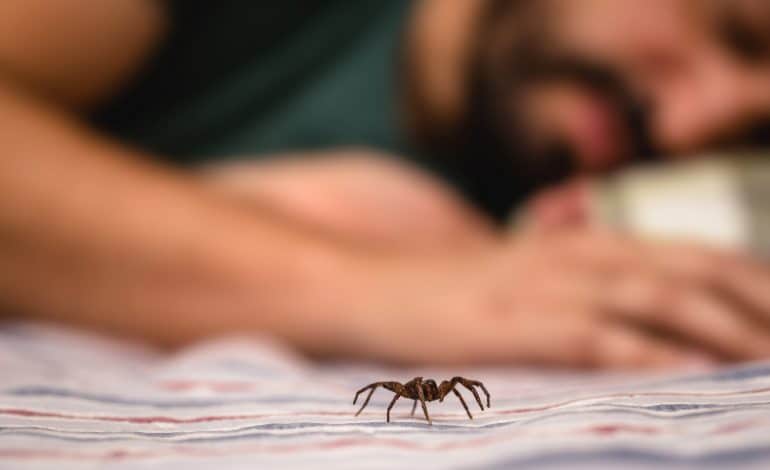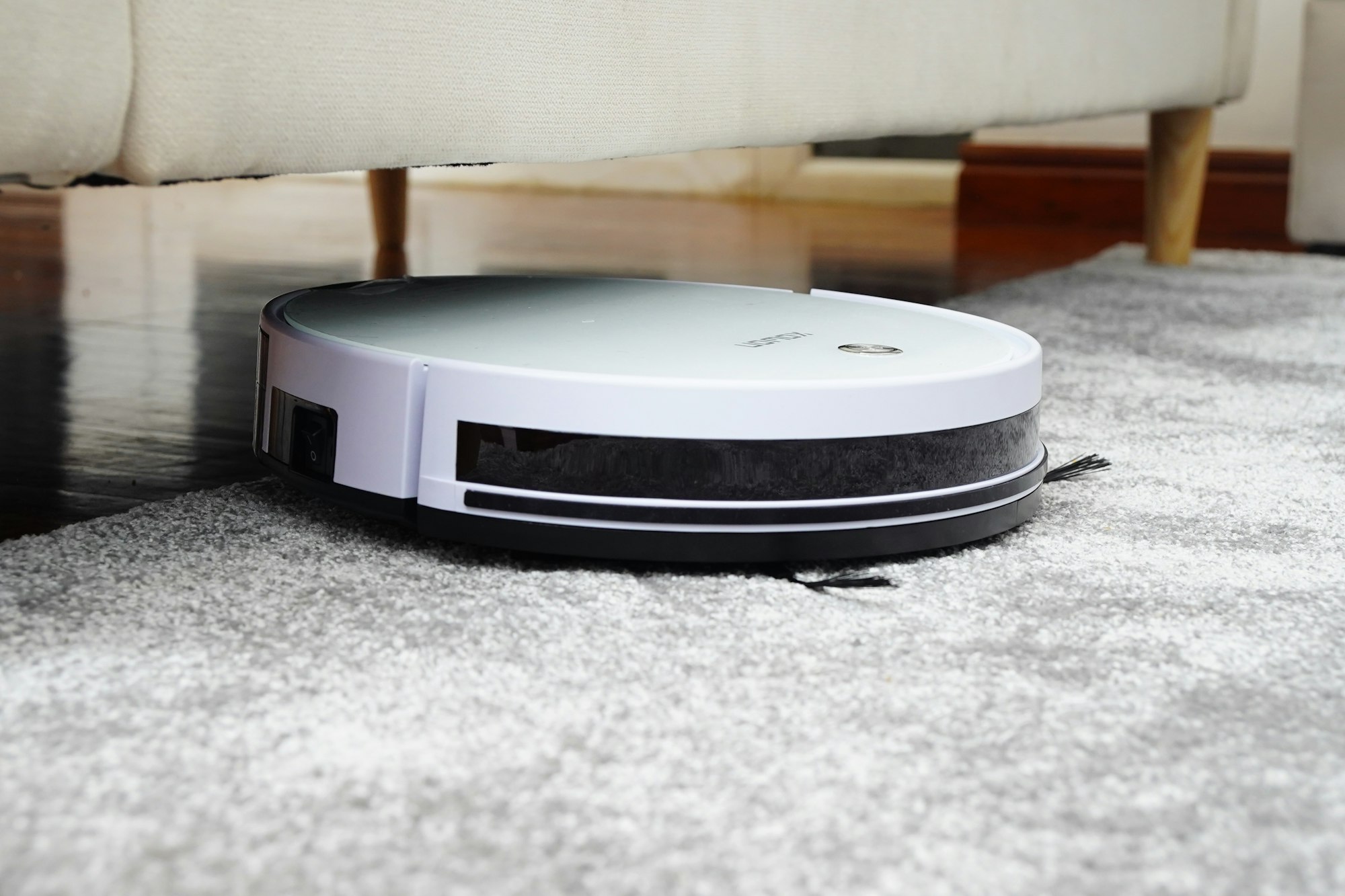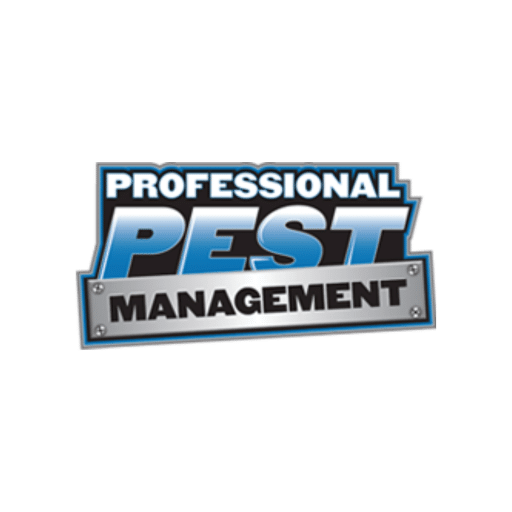8 Tips to Keep Spiders Out!

Summer time is fast approaching. Are you Ready?
Seal up your home. Patch up cracks and holes leading from the outside in to prevent spiders from finding their way indoors.[1]
- Use caulk to fill in significant gaps of space in closed doors and windows. Also, apply caulk around wires, cables, faucets, and electrical components, since all of these must run to the outside.
- Replace or fix torn window screens. Spiders can easily find their way in through even the most minor holes.
- Cover your vents and chimney with fine mesh insect screens.
Keep your outdoor lights off. While outdoor lights will not attract spiders, they will attract other pests that can serve as delicious food sources for spiders.
- On a similar note, block indoor lights from shining through your windows using opaque blinds or shades.
- Consider switching to yellow sodium vapor lights. These are less appealing to insects and less likely to draw in a food source for your spiders.[2]
Remove vegetation away from the perimeter of your house. If you have a severe spider problem, consider transplanting shrubs, trees, ivy, and other plants from the edge of your home to the opposite side of the yard.
- Vegetation attracts spiders because it serves as a great hiding spot. When spiders need to seek out warmth or new food sources, they crawl from the vegetation toward your home, getting in through cracks.
- You should also remove mulch, stones, leaves, or other debris near your home.
Keep a tidy house. Clean homes give spiders fewer places to hide out in, making them less likely to stay even if they do slip inside.
- Do not leave leftover food lying around. Food crumbs will attract other pests like ants, which, in turn, will attract spiders.
- Regularly sweep and vacuum your floors. Wipe down your counters and tables, and avoid letting your dirty dishes sit out for more than a few hours.
- Pick up as much clutter as possible. Old newspapers and piles of dirty clothes make the ideal hiding place for spider species that thrive in darkness.
- Use plastic storage containers. Airtight plastic containers are rugged for spiders to crawl into, but cardboard boxes are relatively straightforward.

- This method works best when trying to get rid of a few spiders. It may not be very efficient if you have a giant spider population living in your home, however.
- You can also use a broom to sweep away webs and squash adult spiders, but adult spiders can usually escape in between the bristles of the broom. This is especially true of small spider species.
- You can squash adult spiders and eggs with a shoe or other flat, hard object on a similar note. The dead spider will need to be rinsed off in the sink or scraped off with a paper towel afterward.

- Web-building spiders that spend most of their time along the ceiling are not likely to fall victim to the glue trap, but these are very effective against ground-dwelling spiders like jumping spiders and house spiders.
- Keep the trap flat to prevent it from curling up into itself.
- Discard the trap as soon as you collect a few spiders on it.
- Note that this is ineffective against spider eggs and webs, so you will likely need to use this method in conjunction with other techniques.
Apply a residual insecticide.[3] Spray any corners or cracks with a commercial pesticide containing some form of pyrethroid.
- Carefully follow the instructions marked on the label to prevent the accidental poisoning of yourself, a family member, or a pet.
- Pyrethroids are chemicals made, in large part, from pyrethrum plants. These plants are in the chrysanthemum family. Most household insecticides contain pyrethroids, and a few common pyrethroids include bifenthrin, cyfluthrin, permethrin, and tetramethrin.
- Total release foggers are not generally effective against spiders.
- Understand the limit of residual insecticides. These poisons only work if spiders drag themselves through the chemical after it is sprayed. If a spider manages to avoid the spray, the insecticide will not affect it.
Call the Professionals at Professional Pest Management.


- Be aware that you will have to be out of your home during the service until the product dries, per California law. This may be anywhere from 30 minutes to 2 hours, depending on the services that are needed.
*Information from this article found at http://www.wikihow.com/Get-Rid-of-Spiders-in-the-House
Professional Pest Management © Copyright 2022 - All Rights Reserved
